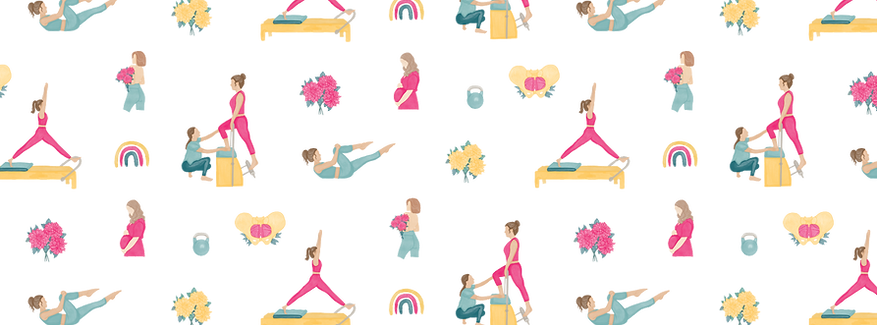top of page


We are proudly rebranded as Women's Health Hub
Formerly known as Ripple Physio & Pilates, we’ve grown into a multidisciplinary clinic with a shared passion for empowering women in our local community, leading us to proudly rebrand as Women’s Health Hub — an empowering space for everyone.
Rooted in the foundation of Ripple, loved by so many, we now step forward as Women’s Health Hub — Empowering strength, inside and out.
Frequently Asked Questions
Widget Didn’t Load
Check your internet and refresh this page.
If that doesn’t work, contact us.
Widget Didn’t Load
Check your internet and refresh this page.
If that doesn’t work, contact us.
Widget Didn’t Load
Check your internet and refresh this page.
If that doesn’t work, contact us.
Widget Didn’t Load
Check your internet and refresh this page.
If that doesn’t work, contact us.
Widget Didn’t Load
Check your internet and refresh this page.
If that doesn’t work, contact us.
bottom of page

